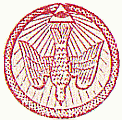ORDO TEMPLI ORIENTIS
background information
Aleister Crowley
|
|
|
Aleister Crowley was born in England on October 12th 1875, into a wealthy and religious family, members of the Plymouth Brethren. He studied at Trinity College at Cambridge, devoting his time to poetry and occultism. He intended to become a chemist but never graduated from Cambridge. Having inherited his father's brewing fortune, in 1898 Crowley joined an occult group called the Hermetic Order of the Golden Dawn which taught magic, qabalah, alchemy, tarot, astrology and other hermetic subjects. Members of the Golden Dawn included such notables such as William Butler Yeats, Oscar Wilde's wife Constance, Arthur Edward Waite, Bram Stoker, Sir Arthur Conan Doyle and Florence Farr. In 1900 the order was shattered by schism. Crowley was expelled, chiefly through the efforts of W.B. Yeats, who did not approve of Crowley's magical methods and moral conduct. In these years and later in his life he would write pornographic poetry and prose, much of which the British Customs seized and destroyed. Crowley left England to travel extensively throughout the East, where he allegedly learned and practiced the mental and physical disciplines of yoga, supplementing his knowledge of western ritual magic with the methods of Oriental mysticism. He lived the easy life of London's high society and artistic circles in Paris where there was a cabaret called Abbaye de Thélème (from Rabelais' novel "Gargantua et Pantagruel), at the Picalle (some years later, famous jazzbands would play there). Crowley collaborated with artists, most notably Auguste Rodin and Gerald Kelly: he married Kelly's sister Rose in 1903. He inspired William Somerset Maughan, who portrayed Crowley in the novel "The Magician" as the character Oliver Haddo. In 1904, Crowley and his wife Rose travelled to Egypt where he wrote down what a shadowy presence behind him dictated, allegedly. It is possible that this entity was Rose (corrections to the original manuscript appear in her handwriting) — but sometimes he called it "Thee, Satan my saviour". The resultant manuscript is a three-part prose-poem, with elements from Crowley's earlier poetry, Augustinus, the Bible, Schopenhauer and Nietzschean philosophy. It became known as the 'Book of the Law' heralding the dawning of the new Æon governed by Crowley's Law of Thelema. Crowley spent the rest of his life working to develop and establish Thelemic philosophy and magic. After 1910 he was in contact with the German Ordo Templi Orientis (O.T.O.), and in 1912 became the head of the English-speaking branch of the Order. From 1915 to 1919 Crowley lived in the United States, publishing a fair amount of anti-British propaganda, and in the 1920's he moved to Sicily. Crowley hoped that his Cefalù hut, dubbed the 'Abbaye de Thélème', would be a world centre for the study of occultism. He was expelled from Sicily by Mussolini, whereupon Crowley's life took a turn for the worse. From Italy Crowley went on to Tunis, then to Germany, where he met several continental occultists. In 1925 some of them accepted him as head of one branch of the O.T.O.; but during his lifetime, his version of the Order never had more than a handful of members. In 1934 he sued authoress Nina Hamnett for libel, and lost. In 1935, he was declared bankrupt and mostly lived from the monies from his religious followers. Crowley's later years were overshadowed by poor health, drug addiction, and a desperate hunt for money. He got through the London Blitz and died in Hastings, England on December 1st 1947, 72 years old. |

English version: Aleister Crowley – A Biography
Deutsche Version: Aleister Crowley – Eine Biographie
Traduction française: Aleister Crowley – Une biographie
Versione italiana: Aleister Crowley – Biografia
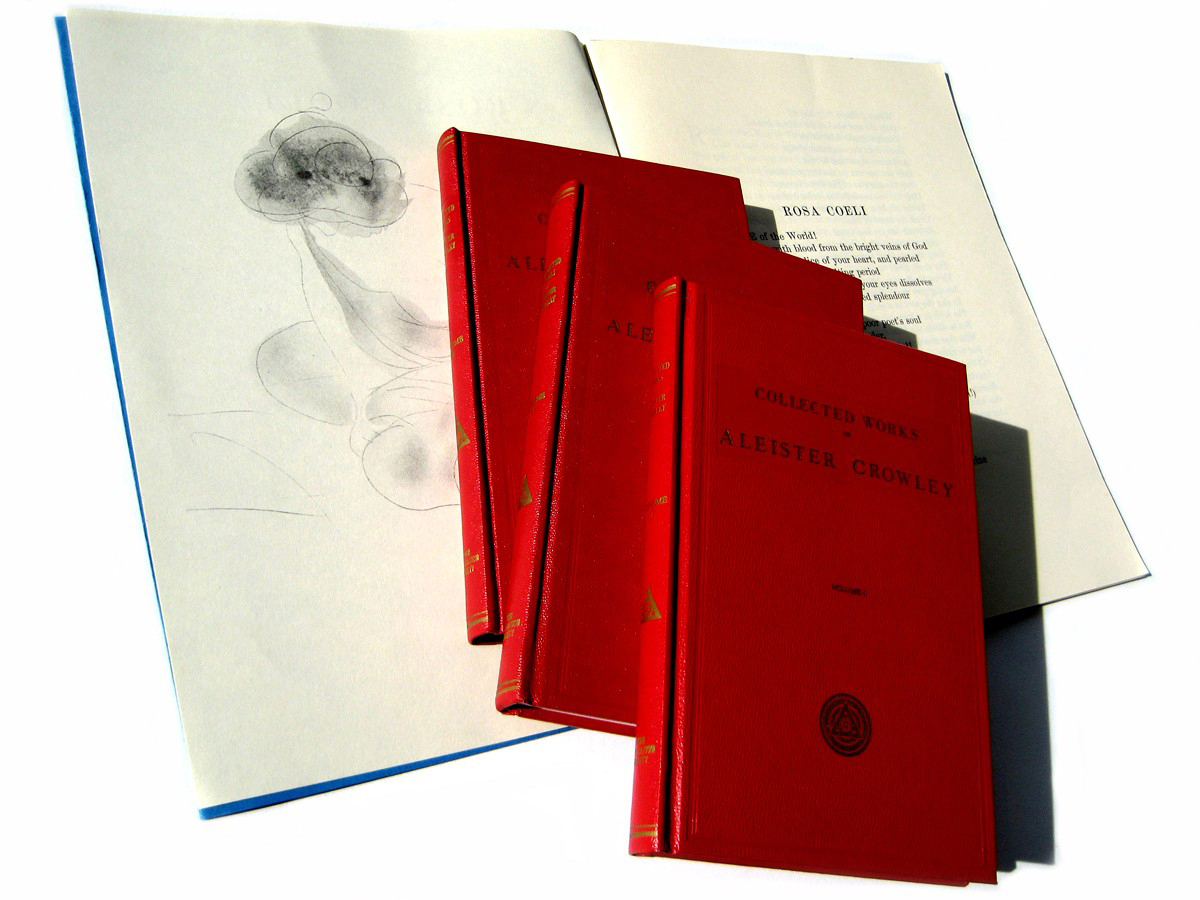

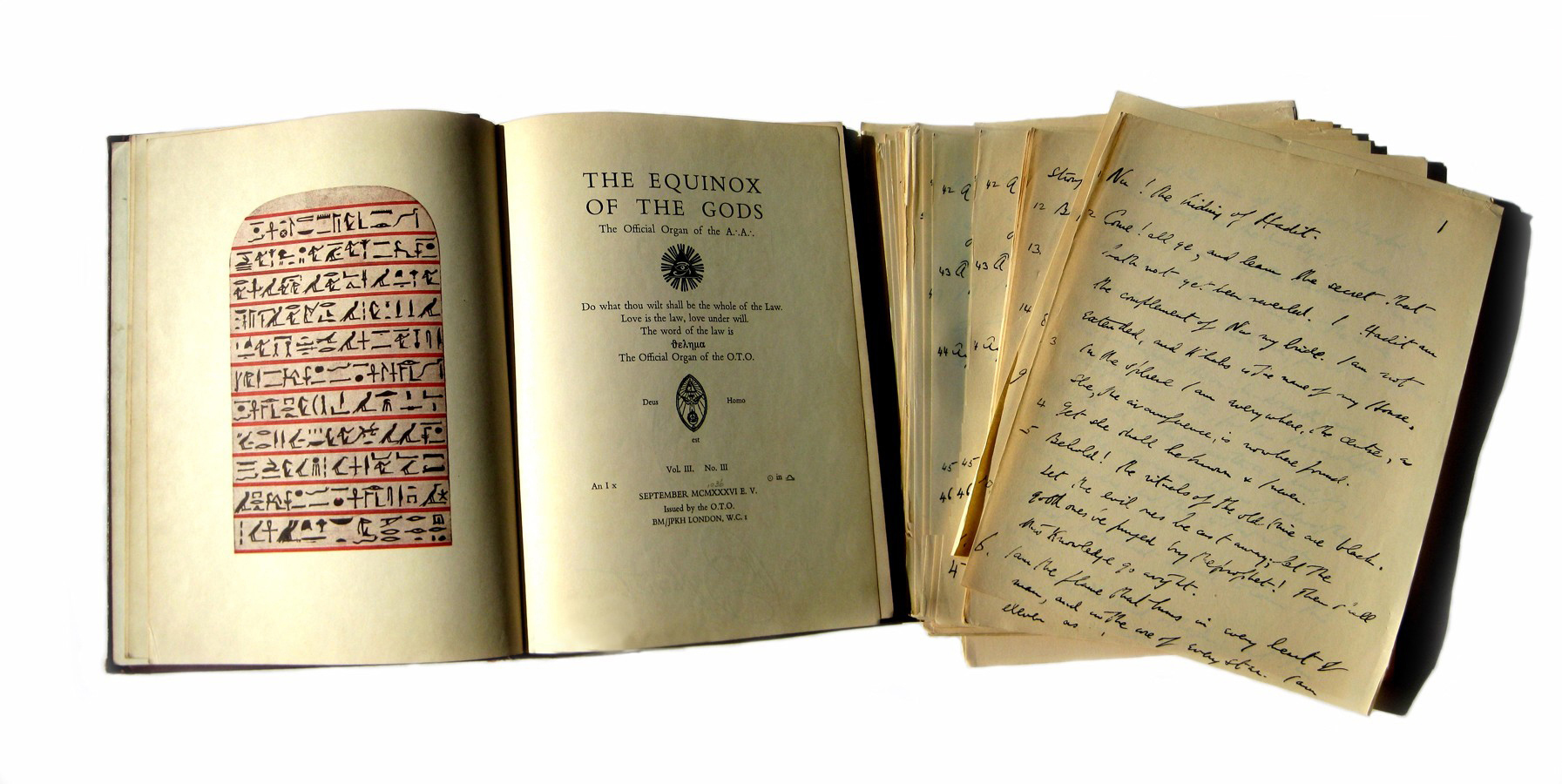
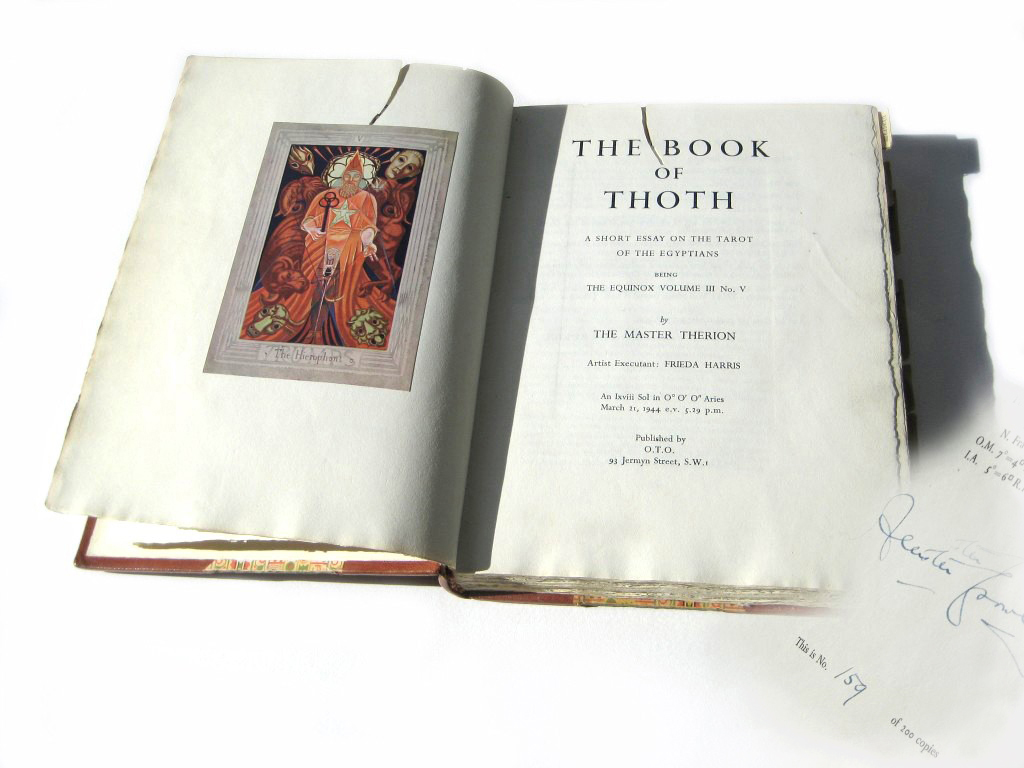
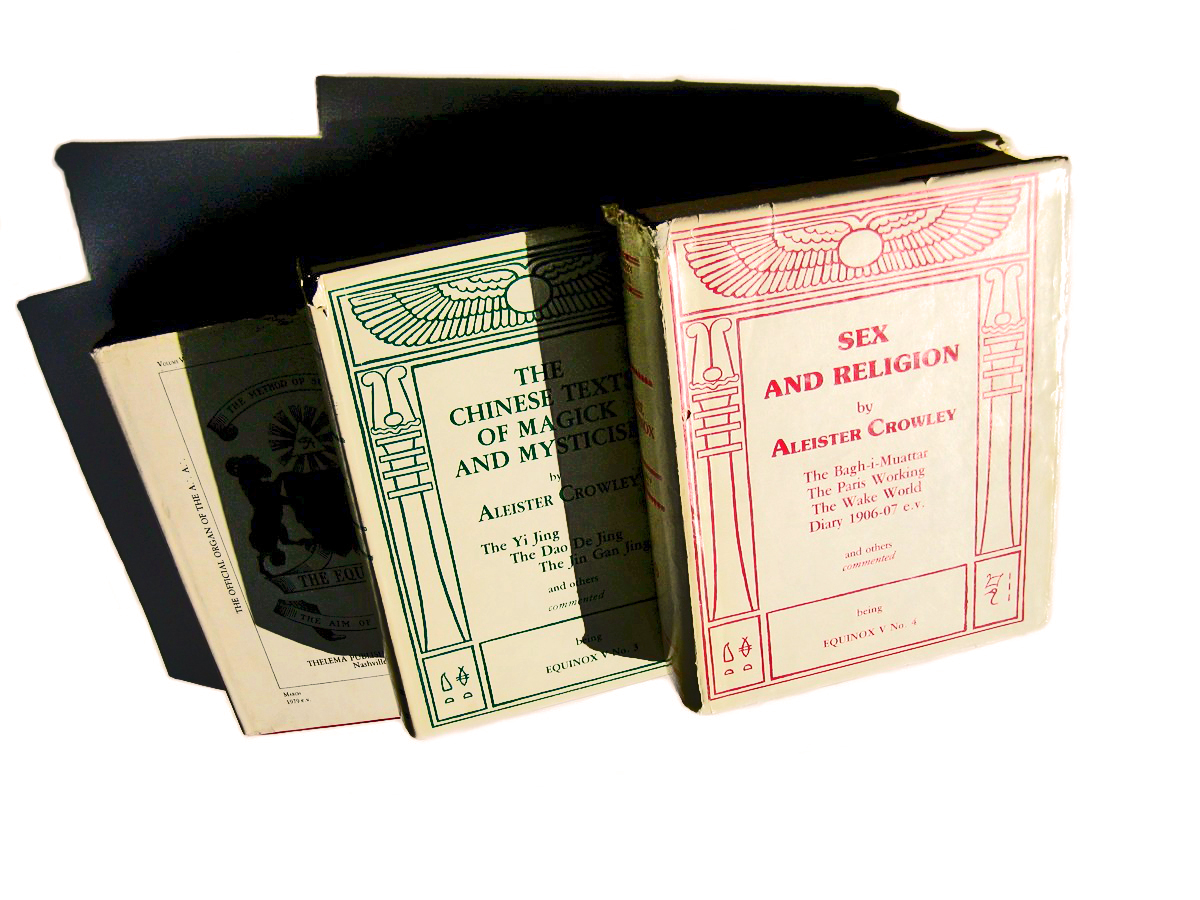
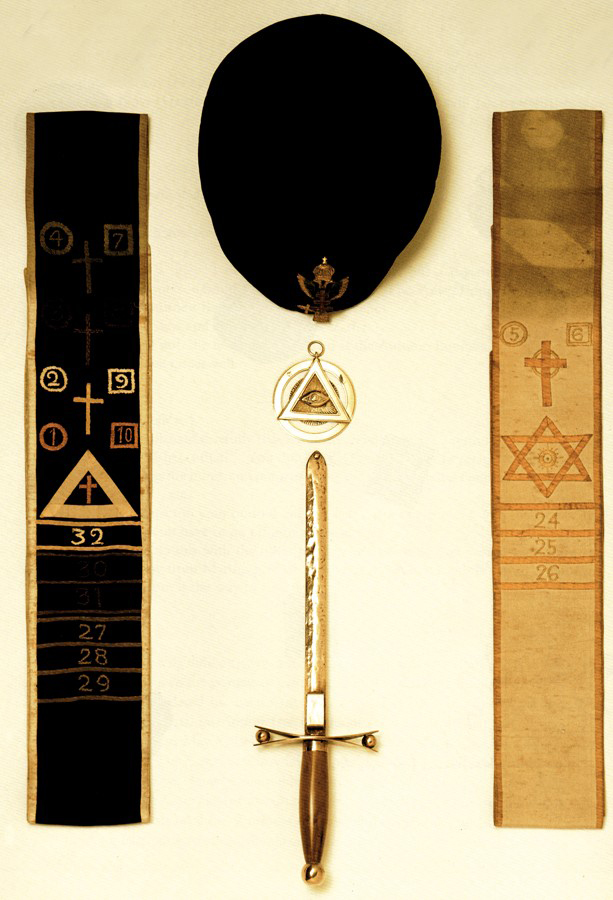
O.T.O. Phenomenon navigation page . main page . mail
What's New on the O.T.O. Phenomenon site?
More about all this in: Andreas Huettl and Peter-R. Koenig: Satan — Jünger, Jäger und Justiz
Scattered On The Floor
Browsing Through The Rituals
|

